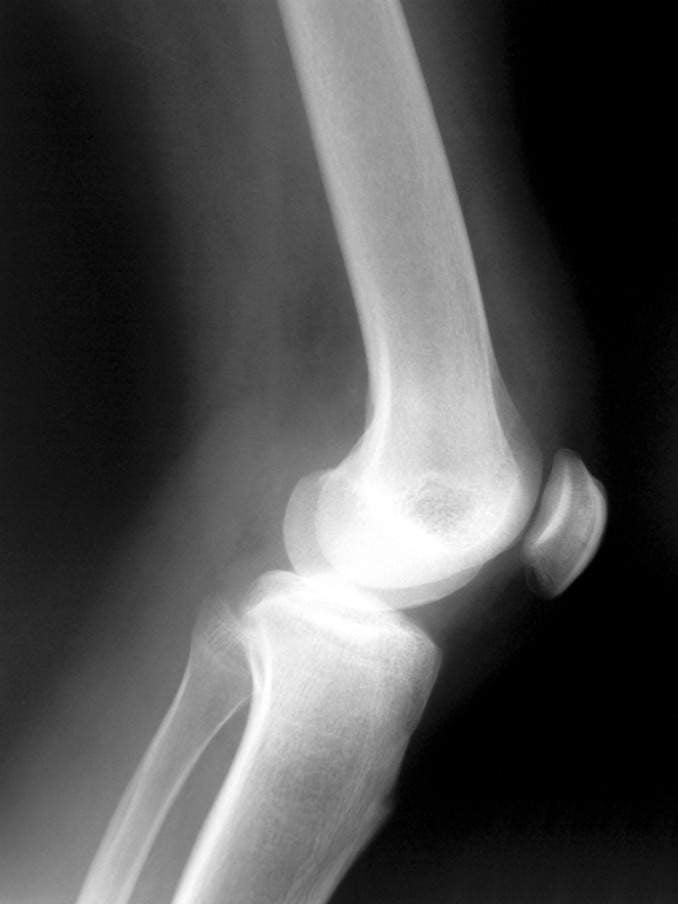
The goal of the study was to investigate the ex-vivo Mechanism Of Action of CartiHeal’s Agili-C implant in the repair of full-thickness cartilage defects.
The study was particularly intended to validate whether the Agili-C implant can stimulate cartilage in-growth through chondrocyte migration into the 3D interconnected porous structure of the scaffold, along with maintaining their viability and phenotype and the deposition of hyaline cartilage matrix.
The study involved human articular cartilage cadaveric knee and ankle specimens were collected within 24 hours from death from 14 male and female donors.
To model a chondral defect, donut-shaped cartilage explants were prepared from each tissue specimen. Cartilage explants with or without the Agili-C implant inside were cultured for 60 days.
Results from the study showed that chondrocytes can migrate outside of the cadaveric cartilage explant tissue and into the porous structure of the Agili-C scaffold and fill its entire volume with newly formed extracellular matrix (ECM) enriched in hyaline cartilage components, such as collagen type II and aggrecan and lacking collagen type I.
Additionally, the study also showed the formation of a layer populated by progenitor-like cells on the articular surface of the implant. These cells were able to produce a thin layer that covered the surface of the newly formed extracellular matrix, similar to a lamina.
When the scaffold was absent, chondrocytes did not migrate far from the tissue with probably some degree of hypertrophy.
Hence, it was concluded from the analysis of samples taken from knee and ankle joints of human donors that the Agili-C implant can induce deposition of new extracellular matrix with similar characteristics to native hyaline cartilage inside the entire volume of the scaffold.






